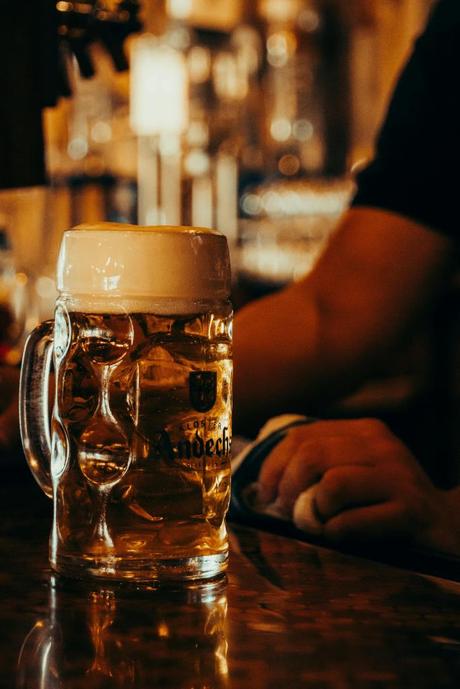
On April 23, 1516, Duke Wilhelm IV of Bavaria enacted a decree that would shape the course of brewing history. This historic legislation, known as the Reinheitsgebot or Bavarian Beer Purity Law, established strict standards for brewing, setting forth principles of purity, quality, and craftsmanship that have endured for centuries. Let us delve into its origins, impact, and enduring legacy in the world of beer.
In the bustling breweries of Renaissance Bavaria, the brewing industry thrived, producing a wide array of beers. However, amidst this prosperity, concerns arose regarding the quality and integrity of the brews being produced. In response to these challenges, Duke Wilhelm IV issued the Reinheitsgebot, a decree aimed at regulating the brewing process and ensuring the purity of beer.
At the heart of the Reinheitsgebot lay three fundamental ingredients: barley, hops, and water. These simple yet essential components formed the basis of all Bavarian beer, ensuring that each brew met rigorous standards of quality and authenticity. The Reinheitsgebot also served as a testament to the brewing traditions of Bavaria, preserving centuries-old techniques and practices.
The Reinheitsgebot had a profound impact on the brewing industry in Bavaria and beyond. By establishing clear standards for brewing, the decree promoted consistency, excellence, and innovation in beer production. It also helped to elevate the reputation of Bavarian beer, both domestically and internationally, establishing it as a benchmark of quality and craftsmanship.
Over the centuries, the Reinheitsgebot has evolved and adapted to changing times and tastes. Amendments and reinterpretations have been made to accommodate new brewing practices and ingredients, while controversies have arisen regarding its impact on innovation and diversity in brewing. Yet, despite these challenges, the Reinheitsgebot remains a symbol of purity and tradition in the world of beer.
Breweries and beer enthusiasts around the world celebrate the Reinheitsgebot and its historic legacy. From commemorative events and festivals to special brews crafted in accordance with the decree, there are countless ways to honor the legacy of purity in brewing. Educational initiatives are also underway to promote awareness and appreciation of the Reinheitsgebot and its significance in brewing history.
Five centuries have passed since Duke Wilhelm IV proclaimed the Reinheitsgebot, yet its legacy lives on in the beers we enjoy today. As we raise a glass to celebrate this historic decree, let us reflect on the enduring principles of purity, quality, and craftsmanship that continue to define the art and science of brewing. Here’s to the Reinheitsgebot and its timeless legacy! Prost!
